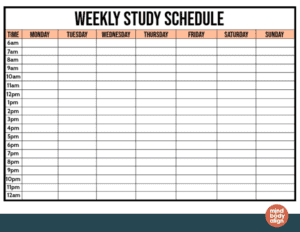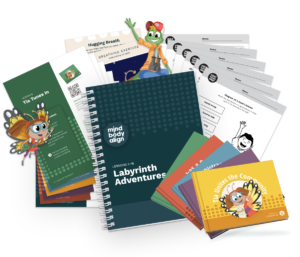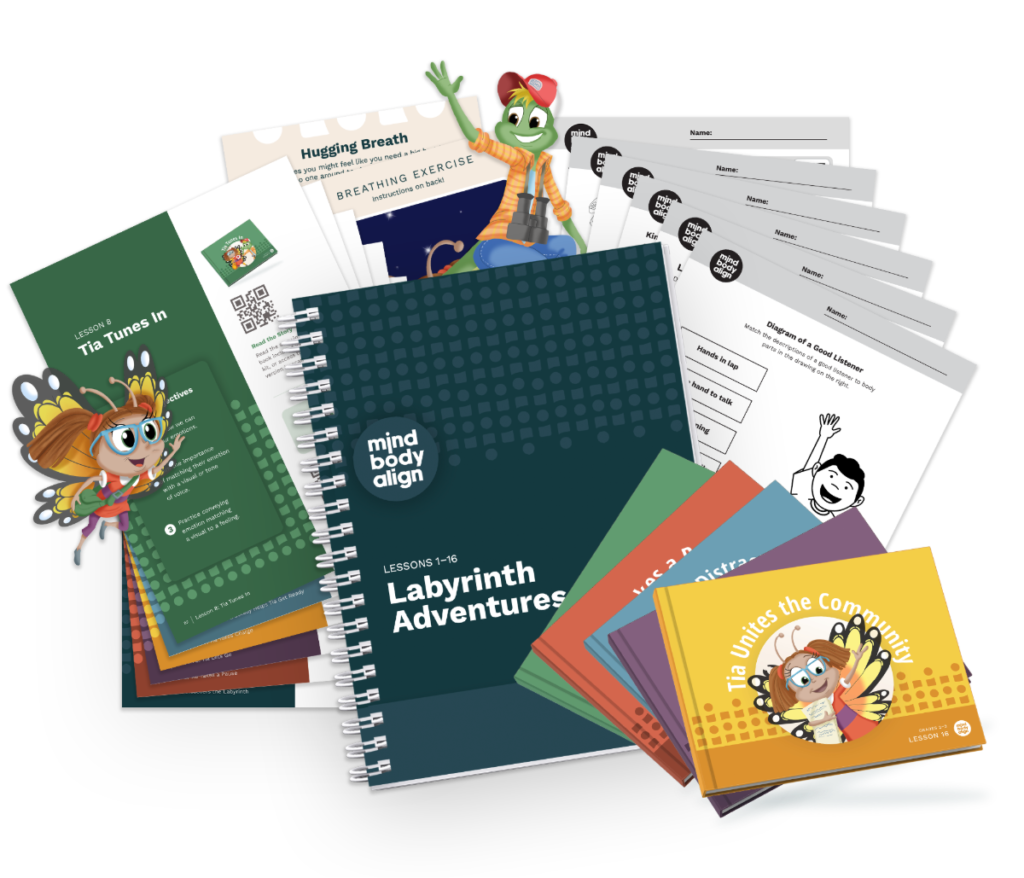This is a part of an occasional series of guest blogs, written by members of the greater Mind Body Align community. These guest blogs provide new points of view and ways our community practices mindfulness. This was written by Margot Paschen, a student at The Ohio State University.
It’s that time again, the leaves fell, the weather is colder and classes are winding down. Exams are almost here, and so is the stress that comes with them.
Stress is inevitable in college. Between schoolwork, extracurriculars, living on your own and off-campus life, there is a lot to manage. Stress in college is seen year round, and there are many ways to decrease it in your day to day life. However, exams are a particularly stressful time, and it is important to put yourself first during this time.
Tip #1: Schedule your time
It is important to remember that you have many things to do and only so many hours in a day. In order to ensure you complete all your tasks, it is important to manage your time. Start by making a list of everything you have to do, followed by making a daily study schedule. Remember not to balance your schedule and not overload it, make it realistic according to how much you have to do and how much time you have. By not overloading your schedule, you will be able to do mindful work and not rush on assignments or studying

Click here for a downloadable version of the study schedule.
Tip #2: Eat healthy and hydrate
Food and water are very impactful on stress. There are foods that increase and decrease stress. You should focus on protein, pre and probiotics and foods that are high in magnesium and vitamin D. Cooking is also a mindful experience. Cooking channels all of our senses making it therapeutic. It is important to think about what you are drinking as well as eating. Drinking water is crucial to doing mindful work. There is a strong relationship between stress and hydration. Your body gets stressed when you are dehydrated. A decrease in water will cause your stress hormones to increase. A healthy and hydrated diet is always important, but especially during high stress exams times.
Tip #3: Get good rest
Sleep is very beneficial for decreasing stress. Studies show a direct correlation between a good night’s sleep and stress levels. Adults who sleep less than eight nights report higher stress levels. Those not getting enough sleep also report feeling more irritable, overwhelmed, lack of motivation and losing patience. These are all things that make studying more difficult and less beneficial. Not only can sleep help decrease stress, reducing stress can also improve your sleep. Practicing mindfulness before bed for 10-30 minutes can help improve the duration and quality of your sleep. There are many options for guided meditation that you can access on your phone. When you are studying for exams, always remember that it is more important to get an extra hour of sleep rather than reading over your textbook another time.
Tip #4: Do what makes you happy
When students are stressed out about school, it is easy for them to only think about the long list of tasks they need to get done. They will often sacrifice things they typically do that make them happy in order to create more time for studying. Many people do not realize the importance of being social, prioritizing their relationships and spending time with friends.
Use mindfulness to embrace the present moment. Simple things such as laughing, connecting with others and being musical or creative are stress relievers. Having fun helps you feel less overwhelmed from stressors. It may be hard to find time for things you like to do in high-stress times, but it should always be a priority. These activities do not need to take a lot of time, you can leave the library and go for a walk with a friend, go get food with your roommate or watch a TV show that always makes you laugh. There are many quick ways to appreciate joy and decrease your stress.










